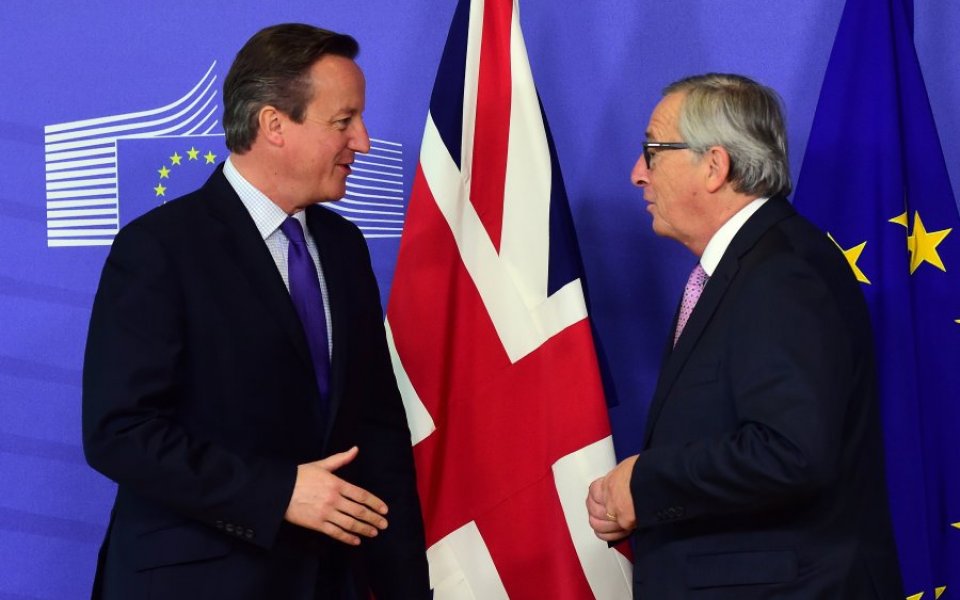EU referendum: Prime Minister David Cameron continues to meet officials in Brussels ahead of EU summit on Thursday

Prime Minister David Cameron is attempting to woo officials on his EU reforms at the eleventh hour, ahead of tomorrow's crucial EU summit.
Cameron is today set to meet a number of senior MEPs, as well as European Commission President Jean-Claude Juncker, to discuss the negotiations.
The Prime Minister and Juncker are likely to discuss the indexation of child benefit, widely anticipated to feature heavily in the debate this week.
The draft deal suggests child benefit payments to migrant workers in the UK should be linked to the cost of living in the country the child resides in. But Eastern European countries are insisting those reductions can only be applied to new applications, not existing beneficiaries.
Read more: Varoufakis – UK will only vote to stay in EU out of fear
These Eastern European countries are most likely to end up scuppering the deal, as they want assurances that other countries will not be able to demand the same same reductions in payments that would be offered to the UK.
Yesterday Cameron met with French President Francois Hollande, which Downing Street called "constructive". However, critics in France has suggested the push to protect non-euro countries from Eurozone regulations will give the City of London an unfair advantage.
Le Monde suggested today that Holland and Cameron had not ironed out the differences between London and Paris. "Paris has already warned there was no question of changing the European treaties to meet the requirements of London," the paper wrote.
Read more: Salmond and Farage agree to EU debate
Meanwhile EU Council president Donald Tusk, who is brokering the deal in Europe, has warned the UK's demands were at a "critical moment", with a "real" risk of break-up.
"This is a critical moment. It is high time we started listening to each other's arguments more than to our own. It is natural in negotiations that positions harden as we get closer to crunch time," Tusk said.
"But the risk of break-up is real because this process is indeed very fragile. Handle with care. What is broken cannot be mended," he added.